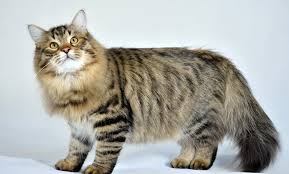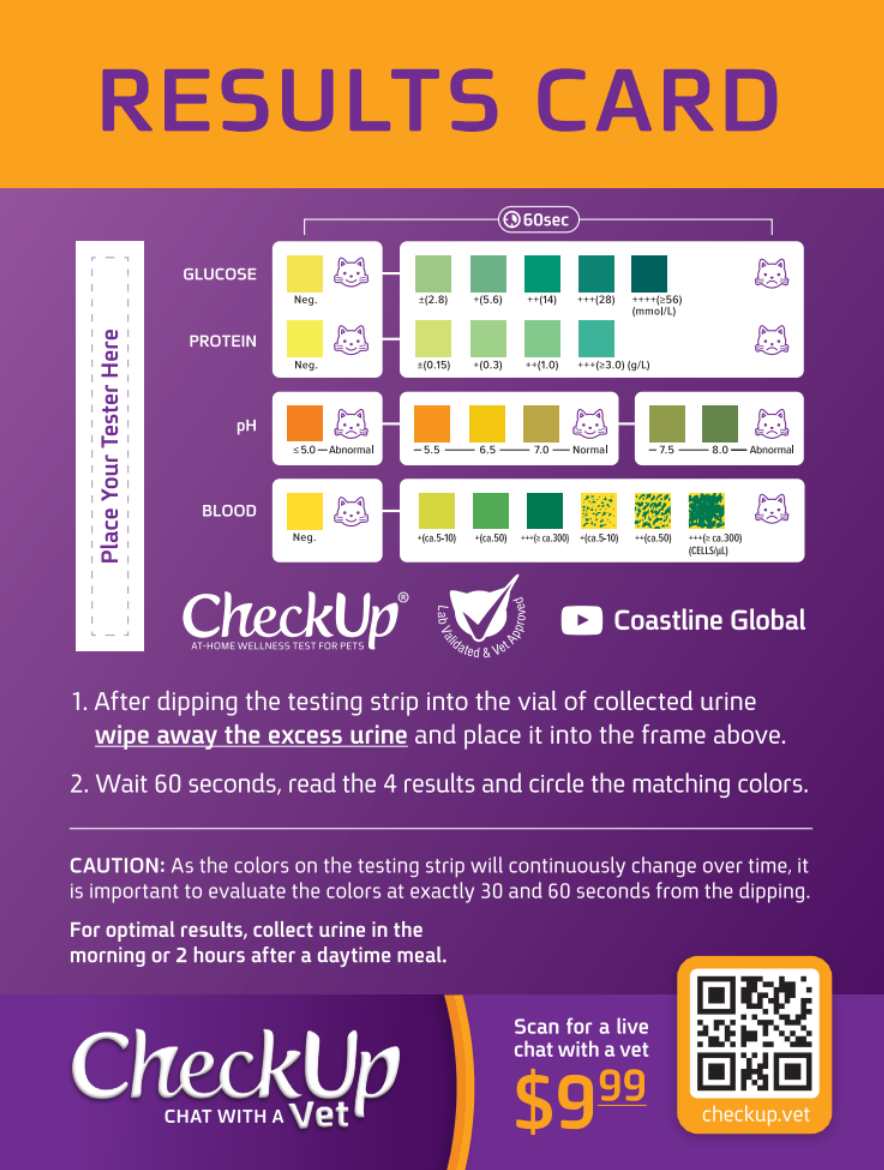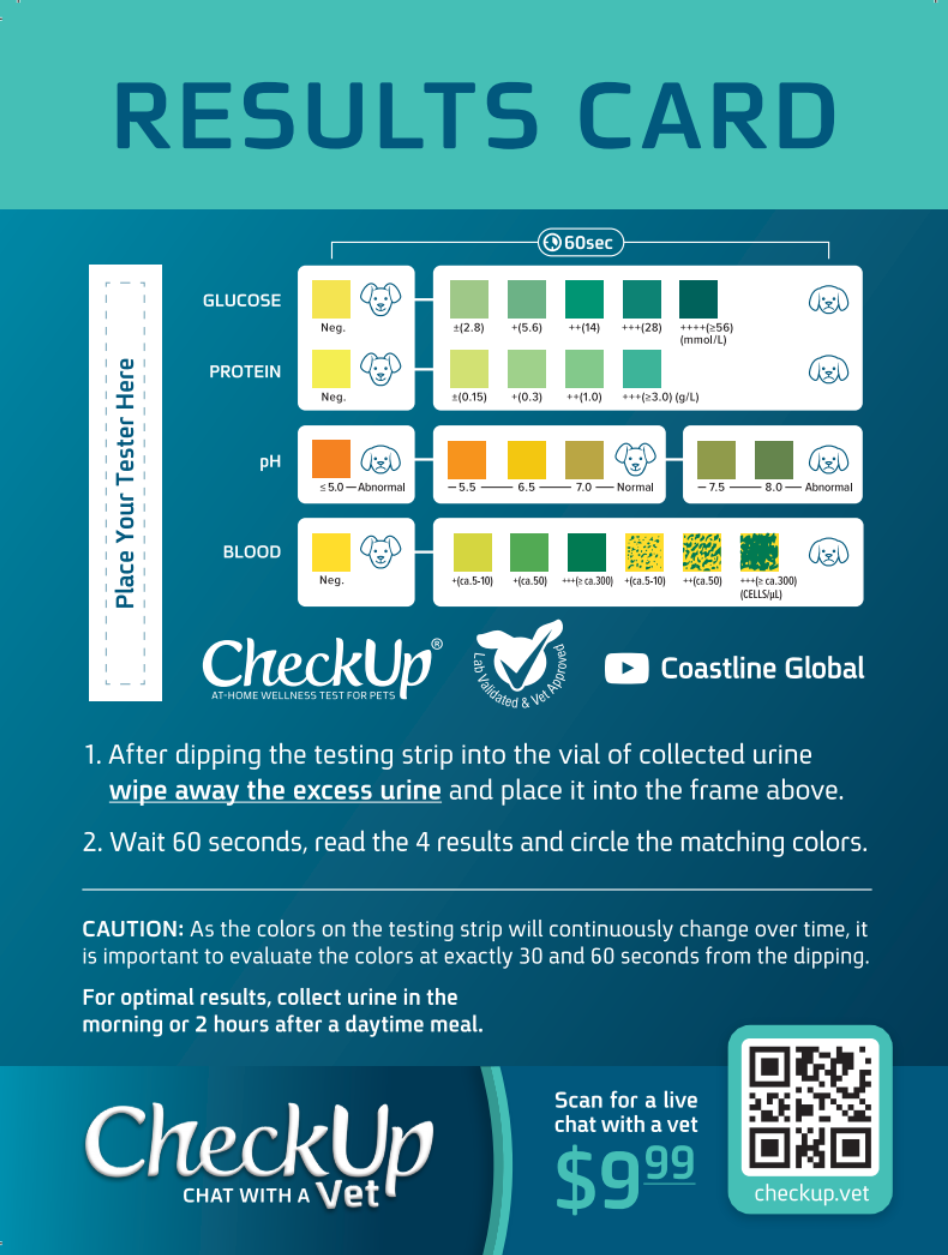Kidney failure in cats, also known as renal failure or chronic kidney disease (CKD), is a relatively common condition that predominately affects older cats and in most cases the cause is not known. However, there are some recognised causes that, if identified early on can be treated and in some cases slow down or even halt the progression of the disease. Some of these conditions include: tumours of the kidney, bacterial infections of the urinary tract, a hereditary disease called polycystic kidney disease (PKD), and even poor diet.
Whether the cause of your cat’s kidney failure has been identified, treated and is stable, or if the cause is unknown but your cat is stable, management of the disease is now essential. Together with any medications your veterinarian may have prescribed, one of the first steps in optimally managing the disease is diet. Studies have indicated that diets that are lower in phosphate, higher in potassium, have an added bicarbonate component along with a controlled high quality protein source are all beneficial in protecting the kidneys from further damage. Some commercially available diets specifically formulated to target kidney disease include Purina’s Pro Plan NF Kidney Function® Feline Formula, Royal Canin’s Veterinary Diet® Feline Renal Support range, as well as Hill’s Prescription Diet® k/d® Feline Kidney Care range. An important note to keep in mind is that cats with renal failure have a tendency to become dehydrated more easily, so as well as making sure they have plenty of clean, fresh water to drink, feeding them a “wet” (tinned or sachet) food is preferable to a “dry” kibble food.
The kidneys play many vital roles in the normal functioning of the body, such as maintaining water, pH and salt balance, toxin removal from the blood, producing hormones, as well as controlling blood pressure. During these processes they also produce urine. Both urine and blood samples play vital roles in the diagnosis and management of kidney disease. Your veterinarian is able to use these to gauge the severity of the disease by measuring the amount of proteins such as creatinine and chemicals like potassium and phosphate that are present. As part of disease management at home, there are easy to use urine testing kits available that can determine how well the kidneys are functioning, without you having to take your cat to the vet too often. After all, we know how much most cats love a trip to the veterinarian! CheckUp is a home testing kit that you can use to quickly and easily monitor your cats kidney function. The test strip is capable of detecting the presence of glucose, nitrite, protein and blood in a sample of your cat’s urine, all within minutes. The presence of any, or all of these components in the urine, dependent on the severity of and progression of your feline companion’s disease, will notify you whether or not a trip to the veterinary clinic is indeed required.
So by implementing the following 3 easy steps into the home management of your cat’s kidney disease, you will be playing an important role in giving your treasured kitty the best care possible:
- Plenty of fresh, clean water available at all times,
- Feed a diet that is formulated to be kind to the kidneys, and
- Monitor your cat’s urine using CheckUp home wellness test.
Checking is caring. So CheckUp.







